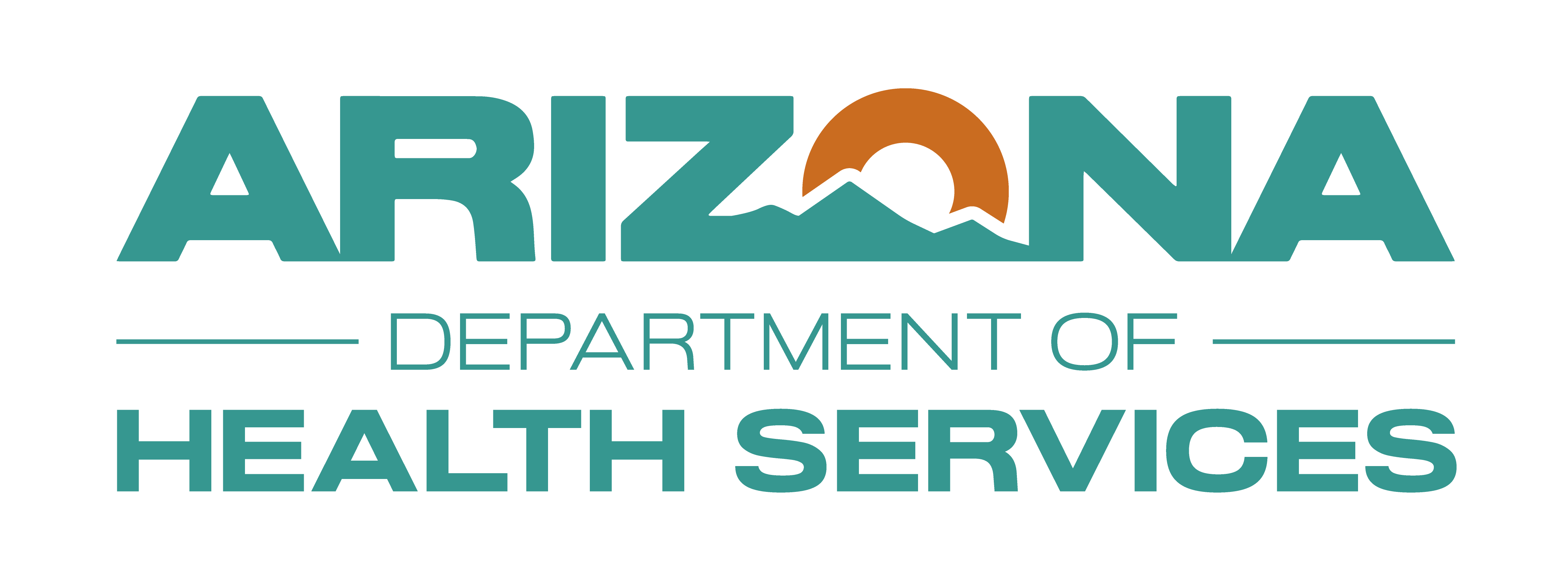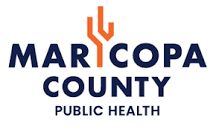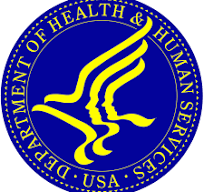AZ CareCheck is Arizona’s public online portal that provides comprehensive information about licensed healthcare facilities, including nursing homes, assisted living centers, hospitals, childcare, and behavioral healthcare services.
ADHS – Public Health Licensing – AZ CareCheck
Established in 2010, the platform offers users access to inspection reports, complaint investigations, enforcement actions, and facility details such as names, addresses, and contact information at a host of facilities that ADHS licenses like skilled nursing and assisted living facilities, behavioral health facilities, hospitals, outpatient treatment clinics, community health centers and even childcare facilities.
Sadly, there was very little if any investment in improving the performance of AZ CareCheck during the Ducey era – and many people became frustrated that the system increasingly became difficult to navigate and had missing, misleading & poor and outdated data.
Governor Hobbs recognized the problem and was able to get a line item in the ADHS budget a couple years ago for ADHS to hire a contractor to update the way the system works and to improve the system’s data quality and useability.
ADHS – Public Health Licensing – AZ Care Check
The new AZ Care Check system went live a couple of weeks ago – and by most accounts users say it’s better and easier to use – and appears to have more complete data now.
If you tried it and gave up before, you might try it again now. You can search for licensing history, which may include deficiencies and/or enforcement actions found against facilities/providers.
Records can be searched by facility/provider name, address, license type/subtype, and licensing status using the search bar and filters.
I’m not claiming AZ CareCheck is perfect – but it’s better than it was during the Ducey/Christ/Herrington era.
Give it a try at: ADHS – Public Health Licensing – AZ Care Check






